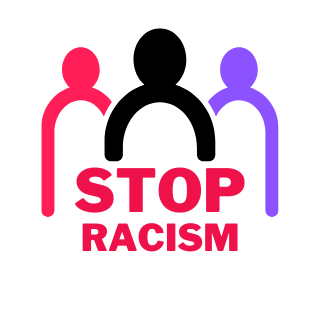In recent months, Portugal has taken notable steps to address racism and promote inclusivity, sparking both support and debate across the country. A significant example of this is the newly implemented law that enhances penalties for hate crimes, specifically addressing racial discrimination and hate speech. This article delves into the recent legislative changes, public responses, and what this means for Portugal’s commitment to combating racism.
1. Strengthened Penalties for Hate Crimes
- In early 2024, the Portuguese Parliament passed legislation that increases penalties for crimes motivated by racial, ethnic, and religious discrimination. This new law, which amends the Criminal Code, was introduced to provide stronger legal mechanisms to prosecute individuals and organizations promoting hate speech and discriminatory acts.
- The law also aims to streamline the process for reporting and prosecuting these crimes, making it easier for victims to seek justice. This change reflects the government’s commitment to align with broader European Union standards on combating hate crimes and promoting human rights.
2. Public Response: Support and Criticism
- The new legislation has received mixed reactions from the public and advocacy groups. Human rights organizations such as SOS Racismo and Amnistia Internacional Portugal have praised the move, highlighting it as a necessary step towards protecting marginalized communities and addressing systemic discrimination in Portugal.
- However, there has also been criticism from certain political parties and public figures, who argue that the law may infringe on freedom of expression. The debate has raised important questions about balancing free speech with the need to protect individuals from hate-driven rhetoric and violence.
3. High-Profile Incidents Influencing the Legislation
- This legislative change comes in response to several high-profile incidents of racial discrimination and hate speech that gained significant attention. For example, in 2023, several cases of racial abuse in sports and hate speech against public figures of African descent led to widespread public outcry, fueling calls for stronger legal action.
- One of the most prominent incidents involved a professional footballer who was subjected to racial abuse during a televised match. The incident sparked protests and demands from the public and athletes for increased accountability and protective measures.
4. Future Steps and Community Impact
- With the new law now in effect, government officials are working on initiatives to raise awareness about reporting hate crimes and supporting victims of discrimination. Schools, sports organizations, and local councils have also been encouraged to promote anti-racism training and foster inclusivity.
- The impact of this legislation will be closely monitored by both governmental and non-governmental organizations, who hope that it will lead to a safer environment for Portugal’s diverse communities. This legislative move also sends a strong message to society that racism and hate speech will not be tolerated.
Portugal’s recent anti-racism law marks a significant development in the nation’s fight against discrimination. While challenges remain, the strengthened penalties for hate crimes are a positive step towards building a more inclusive society. As public discussions continue, the hope is that these measures will inspire a broader cultural shift, fostering respect and solidarity among Portugal’s diverse communities.
Photo: Filipe Amorim


Leave a Reply